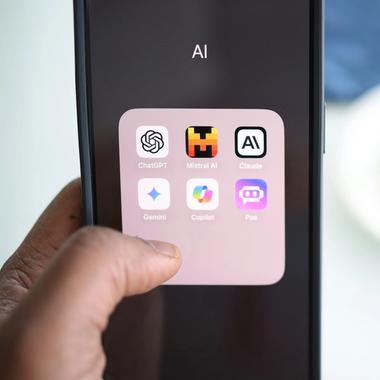We’ve all seen AI in action - chatbots on websites, product suggestions on shopping sites, voice assistants that do a decent job of setting reminders. But if that’s the AI you’re used to, buckle up, because a more advanced, more autonomous form of AI is quietly reshaping the way digital products work.
We’re talking about AI agents. Not just tools that respond to commands, but digital workers that can think ahead, make smart decisions, and get things done on your behalf.
This blog unpacks what AI agents are, how they differ from your average model or chatbot, and most importantly, how they can supercharge your app by taking over complex tasks, streamlining operations, and improving the experience for your users.
Let’s get into it.





